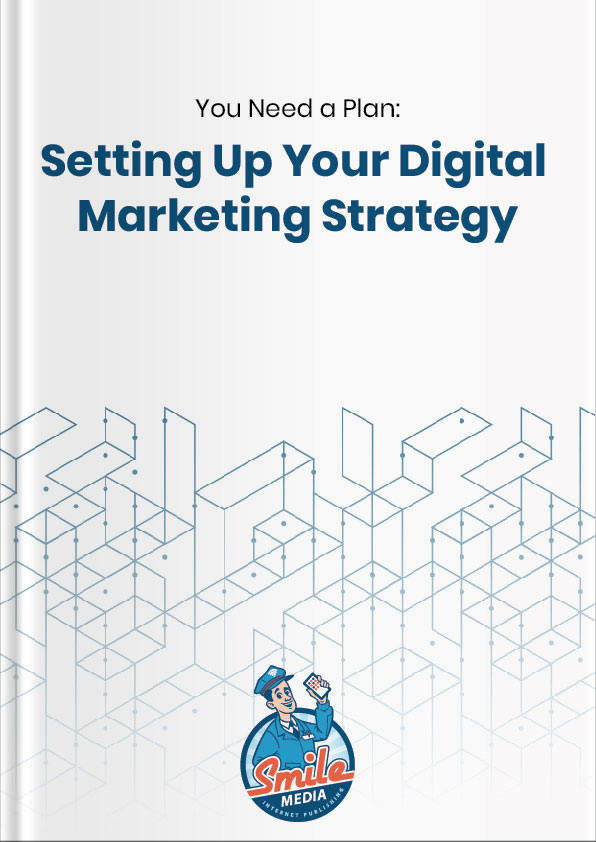You made the choice to publish your website on an open source platform, such as WordPress or Drupal. While we wholeheartedly support you in that choice, it’s important to understand how to maintain your site properly.
Sites built on open source platforms require a bit more effort on behalf of the site owner, which means updating themes, plugins and modules is something you’ll have to dedicate time and resources to from time to time. Many professionals indicate that updates should be done as often as possible. However, what that means to your business may mean something else to another. It is recommended that updates be installed daily, for a variety of reasons.
Some of the most important reasons why should you update your core themes, plugins and modules as often as you can, include:
1. Maintain Security
Security is hands down the top reason for installing updates to your open source site as frequently as possible. Once the security of your site has been compromised, it can be difficult to reverse the damage. No matter much or little data lies in the background of your website, the thought of any of it being accessed by hackers and bots is concerning. Installing regular updates will help you to avoid the headaches and potential costs which may occur due to a loss of website security.
According to data from a 2015 survey by Wordfence, “38% of users reported being hacked over the course of the year.”
2. Improve User Experience
As a business owner, your website is one of the most important representations of your business. It can be accessed from anywhere, and at any time, so it’s important that it functions properly at any given moment. In addition, new features and functionalities are being developed daily, even hourly, which may allow you to provide users with an even better experience when they visit your site. By consistently updating your website features and appropriate plugins, you can optimize the user experience.
3. Increase Website Speed
We all know what happens when a site is too slow – visitors will leave and visit a competitor website, simply because it loads a couple seconds faster. If you want to maintain or grow your website traffic, having a fast-loading site is crucial. If you neglect to install required or suggested updates, certain pages may take longer to load, resulting in lost traffic over time. Lost traffic leads to a decrease in leads, which inevitably will cut into your potential sales and profits. It can happen fast, but can be prevented just as quickly.
Hubspot reported data from Kissmetrics earlier this year that indicated, “If your website takes longer than three seconds to load, you could be losing nearly half of your visitors.”
4. Maintain Website Functionality
Another side effect of choosing not to install updates regularly is that your certain functions may stop working in the way they were built to work. Not only can this cause unnecessary frustration on the part of your users, but fixing these issues could result in additional costs for your organization, due to the time and resources required to resolve them. By maintaining your website with regular updates, you can save your business and your website visitors a lot of wasted time and effort.
How to Update Your WordPress Site
If you’re thinking you may be overdue for an update, you probably are. We recommend taking the following steps to safely update your WordPress website:
1. Back up your website.
The most important thing to do before installing any updates is to back up your site. In order to do this, you’ll first need to add a backup plugin to your site, to ensure that your site will be automatically backed up going forward. There are several backup plugins to choose from, but codeinWP recommends using one from this list. Updraft Plus is free, and works on both WordPress and Drupal sites, making it a popular choice.
2. Turn caching off.
Next, and before installing any updates, you’ll need to turn caching off. It will help the updates to process faster and more efficiently. Under Settings in your WordPress dashboard, scroll down to the “Endurance Cache” section and choose “Off (Level 0).
3. Update themes and plugins.
You can update your themes and plugins one-by-one as they have new updates available, or, you can visit your plugin section frequently, and update any plugins that show a new version is available. In the example below, the “Bluehost” plugin has a new version available. Simply click “update now” to update the plugin.
4. Update WordPress core.
Updating your WordPress core is easy and fast. It’s important to do this after installing any updates. Under your WordPress Dashboard, click on “Updates”.
Re-install the latest version:
5. Turn caching back on.
Normal is the typical setting, but which level of caching you choose is ultimately up to your preferences. Don’t forget this step!
6. Double check your website.
Updates can sometimes cause issues (which is why you backed your site up first), so it’s important to go through your site and make sure everything still looks the way it should. How long you spend on this step depends on how simple or complex your website functionality is, and whether you followed step 1.
7. Back up your site – again.
If all is well, it is recommended that you back your site up again, so that all your changes won’t be lost if any issues were to occur before your next update. Now your site is updated and backed up, so you can carry on with business.
As you can see, these steps are relatively simple to follow, but doing them daily may be more of an inconvenience than anything else. If you don’t have someone who can commit to updating your site on a regular basis (daily, if possible), then you may want to hire a website development agency that provides ongoing maintenance and technical support.
SMILE media is one of the top digital agencies in Boston, offering expertise in building and maintaining WordPress or Drupal websites. Contact us today for a free consultation.











